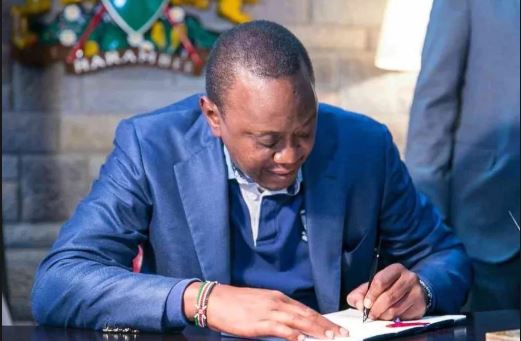×
The Standard e-Paper
Fearless, Trusted News

The financial market was jolted by yesterday’s announcement that the country had lost access to a Sh100 billion precautionary loan from the International Monetary Fund.
Kenya had secured a six-month extension in March of the Sh100 billion ($989.8 million) arrangement, agreed in 2016 to help cushion the economy in case of unforeseen external shocks.